𝚄𝚙𝚍𝚊𝚝𝚎𝚍: 08/2020, 15:00
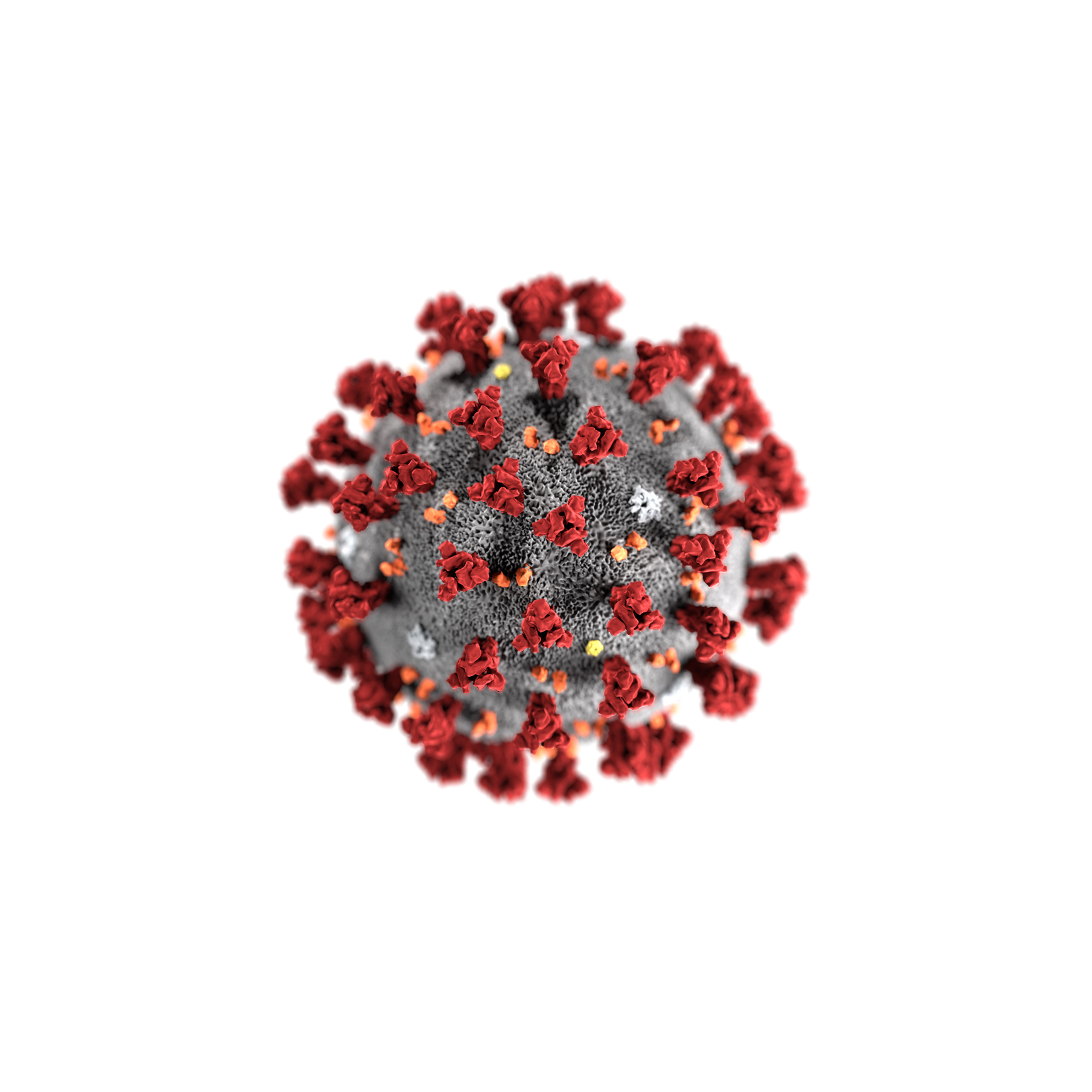 Visit Coronavirus.gov for the latest official information from the Coronavirus (COVID-19) Task Force at the White House.
Visit Coronavirus.gov for the latest official information from the Coronavirus (COVID-19) Task Force at the White House.
Visit the Centers for Disease Control (CDC) for official Coronavirus (COVID-19) health information.
Need Hand Sanitizer, Soaps, Disinfectant sprays, face masks, etc? CLICK HERE.
The Coronavirus 2020
(COVID-19)
You and your near by ones safety and health is very important to us. During this time of uncertainty, we want to be a resource and provide tips and information that can help ensure the health and safety of you, your family, friends, pets, co-workers & surroundings.
committed to providing a safe and healthy environment for our users and to ensure service continuity to our customers.
We have already taken proactive steps to ensure that COVID-19 (Coronavirus) will not significantly impact our ability to provide our products and services to you, or our valued customer. Despite COVID-19 diagnoses continuing to increase around the world, our safety and health training programs and courses will remain available online, allowing you to complete training from your workplace or home. Students will still have full access to course material, exams, and their student dashboard. To better understand why we’ve decided to take these steps. Let us better explain.
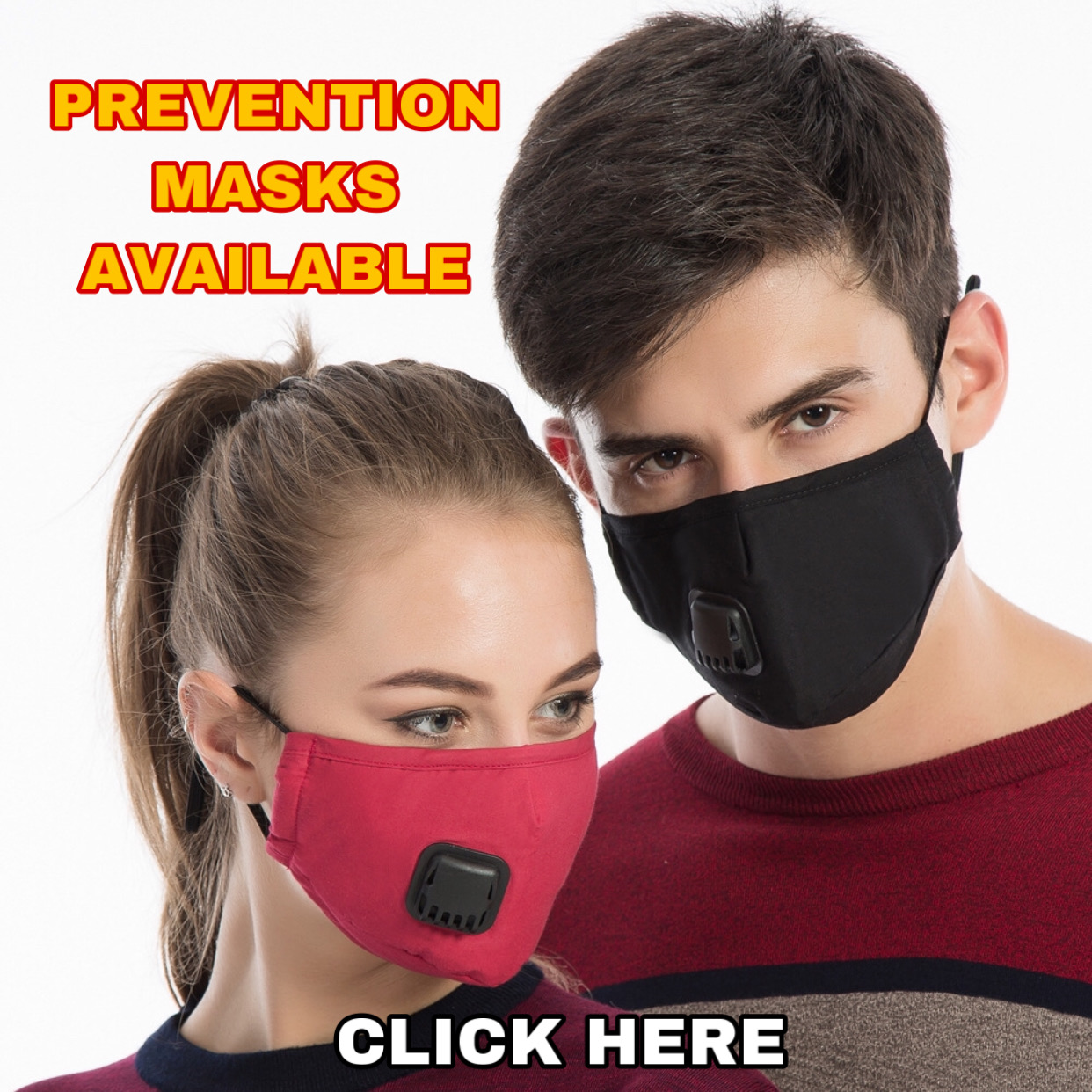 WHAT IS THE CORONAVIRUS (COVID-19)
WHAT IS THE CORONAVIRUS (COVID-19)
It’s a HIGHLY contagious virus. Coronaviruses are a family of viruses known for containing strains that cause potentially deadly diseases in mammals and birds and does not yet have any cure.
Coronaviruses were first discovered in the 1960s. The earliest ones discovered were infectious bronchitis virus in chickens and two viruses from the nasal cavities of human patients with the common cold that were subsequently named human coronavirus 229E and human coronavirus OC43. Other members of this family have since been identified, including SARS-CoV in 2003, HCoV NL63 in 2004, HKU1 in 2005, MERS-CoV in 2012, and SARS-CoV-2 (formerly known as 2019-nCoV) in 2019.
Chinese authorities detected a new outbreak of coronavirus disease in December 2019.
The new coronavirus, officially called SARS-CoV-2, causes the disease COVID-19.
Most of these have involved serious respiratory tract infections.
Recent studies have found that coronaviruses can possibly last on surfaces such as the virus can live up to four hours on copper, up to a day on cardboard, and on metal, glass or plastic from two hours and up to nine days depending on temperature and type of coronavirus. 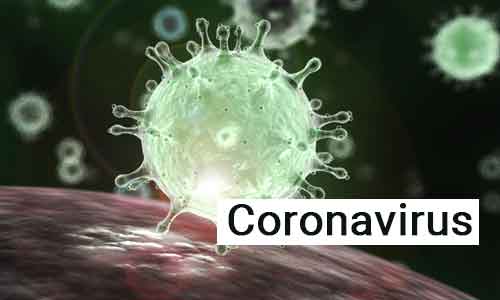
There are now six different corona viruses.
Human coronaviruses can remain infectious on inanimate surfaces at room temperature for up to 9 days. At a temperature of 30°C [86°F] or more, the duration of persistence is shorter.
Veterinary coronaviruses (animals) have been shown to persist even longer for 28 day(s). There are not any shown studies for humans to get the coronavirus from their animals.
Common human coronaviruses
- 229E (alpha coronavirus)
- NL63 (alpha coronavirus)
- OC43 (beta coronavirus)
- HKU1 (beta coronavirus)
Other human coronaviruses
- MERS-CoV (the beta coronavirus that causes Middle East Respiratory Syndrome, or MERS)
- SARS-CoV (the beta coronavirus that causes severe acute respiratory syndrome, or SARS)
- SARS-CoV-2 (the novel coronavirus that causes coronavirus disease 2019, or COVID-19)
People around the world commonly get infected with human coronaviruses 229E, NL63, OC43, and HKU1.
Sometimes coronaviruses that infect animals can evolve and make people sick and become a new human coronavirus. Three recent examples of this are 2019-nCoV, SARS-CoV, and MERS-CoV.
The Center for Disease Control and Prevention (CDC) suggests that people clean all “high touch” surfaces. Therefore, we encourage you to take precautionary measures and regularly clean your surroundings & gadgets such as phones, tablets, every day devices, homes, workplaces, businesses, vehicles, and most of all oneself. Below we’ve gathered some tips and tools to help with taking precautions. While places like Purdue University of scientists are developing a drug to fight coronavirus. The drug works by blocking a key enzyme of the virus, preventing it from replicating.

How Coronavirus (COVID-19) Spreads
Person-to-person spread
The virus is thought to spread mainly from person-to-person.
Between people who are in close contact with one another (within about 6 feet).
Through respiratory droplets produced when an infected person coughs or sneezes.
These droplets can land in the mouths or noses of people who are nearby or possibly be inhaled into the lungs.
Can someone spread the virus without being sick?
People are thought to be most contagious when they are most symptomatic (the sickest).
Some spread might be possible before people show symptoms; there have been reports of this occurring with this new coronavirus, but this is not thought to be the main way the virus spreads.
Spread from contact with contaminated surfaces or objects
It may be possible that a person can get COVID-19 by touching a surface or object that has the virus on it and then touching their own mouth, nose, or possibly their eyes,
Prevention & Treatment
There is currently no vaccine to prevent coronavirus disease 2019 (COVID-19). The best way to prevent illness is to avoid being exposed to this virus. Stay home as much as possible. However, as a reminder, we recommend these everyday preventive actions to help prevent the spread of diseases:
Avoid close contact with people who are sick.
Avoid touching your eyes, nose, and mouth.
Stay home when you are sick.
Cover your cough or sneeze with a tissue, then throw the tissue in the trash and wash your hands.
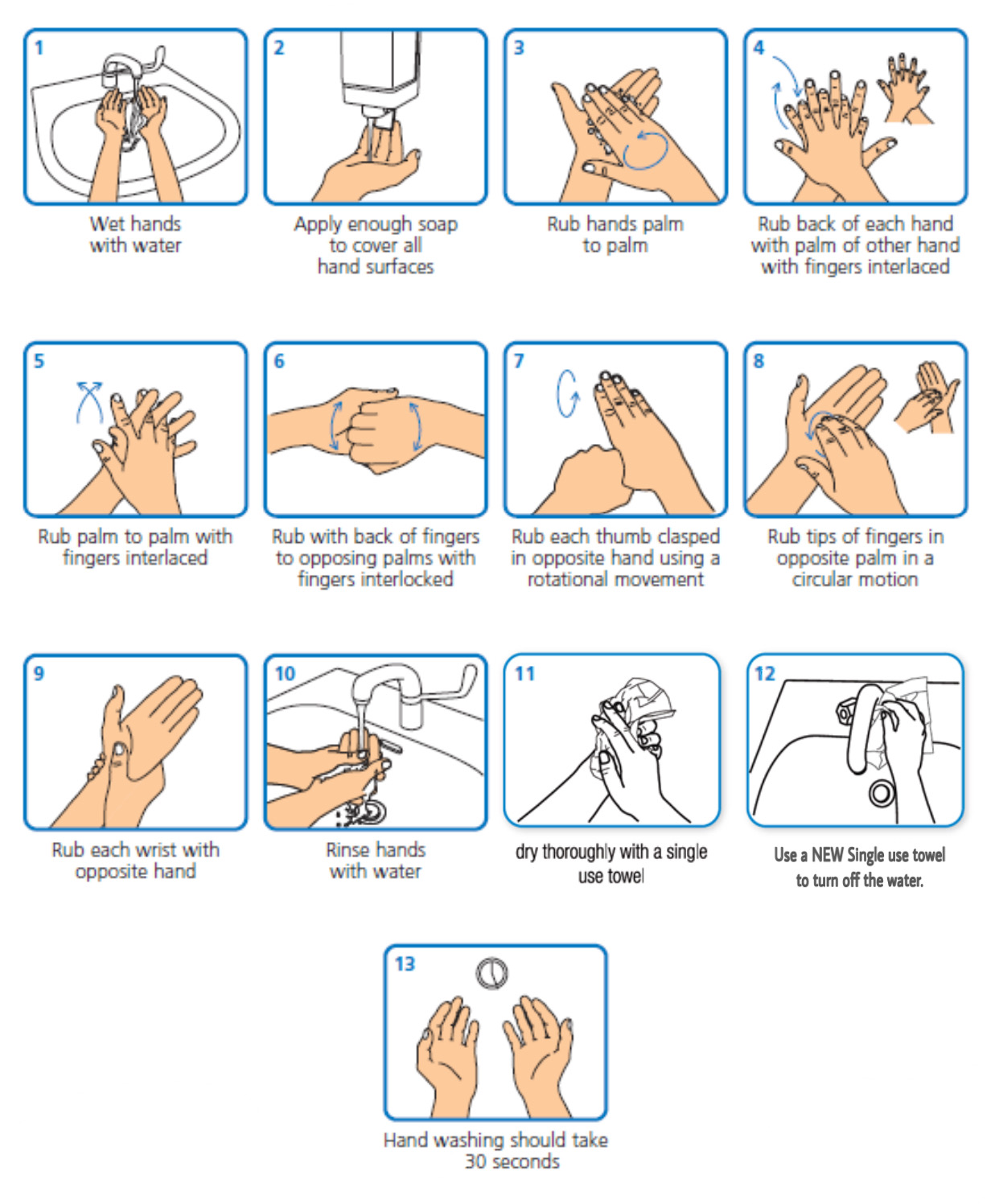
Clean and disinfect frequently touched objects and surfaces, using a regular household cleaning disinfectant spray or wipe. including hydrogen peroxide, ethanol, and sodium hypochlorite (a chemical in bleach), quickly and successfully inactivate coronaviruses.
Apple, Samsung, and Google have tips online on how to properly clean their devices, and we recommend wiping devices frequently with a soft lint free alcohol cloth. We also encourage you to not share your phone, drinks, makeup, office & school supplies with other people and keep it out of restrooms.
Wash your hands often with soap and water for at least 20 seconds, especially after going to the bathroom; before eating; and after blowing your nose, coughing, or sneezing.
be sure You are getting your vitamin B vitamin C and vitamin B 12 as well as your antioxidants. For example fruit infused water is a very good resource. When eating fruits and vegetables make sure you have all of your colors green yellow orange purple red. As all of them have different benefits.
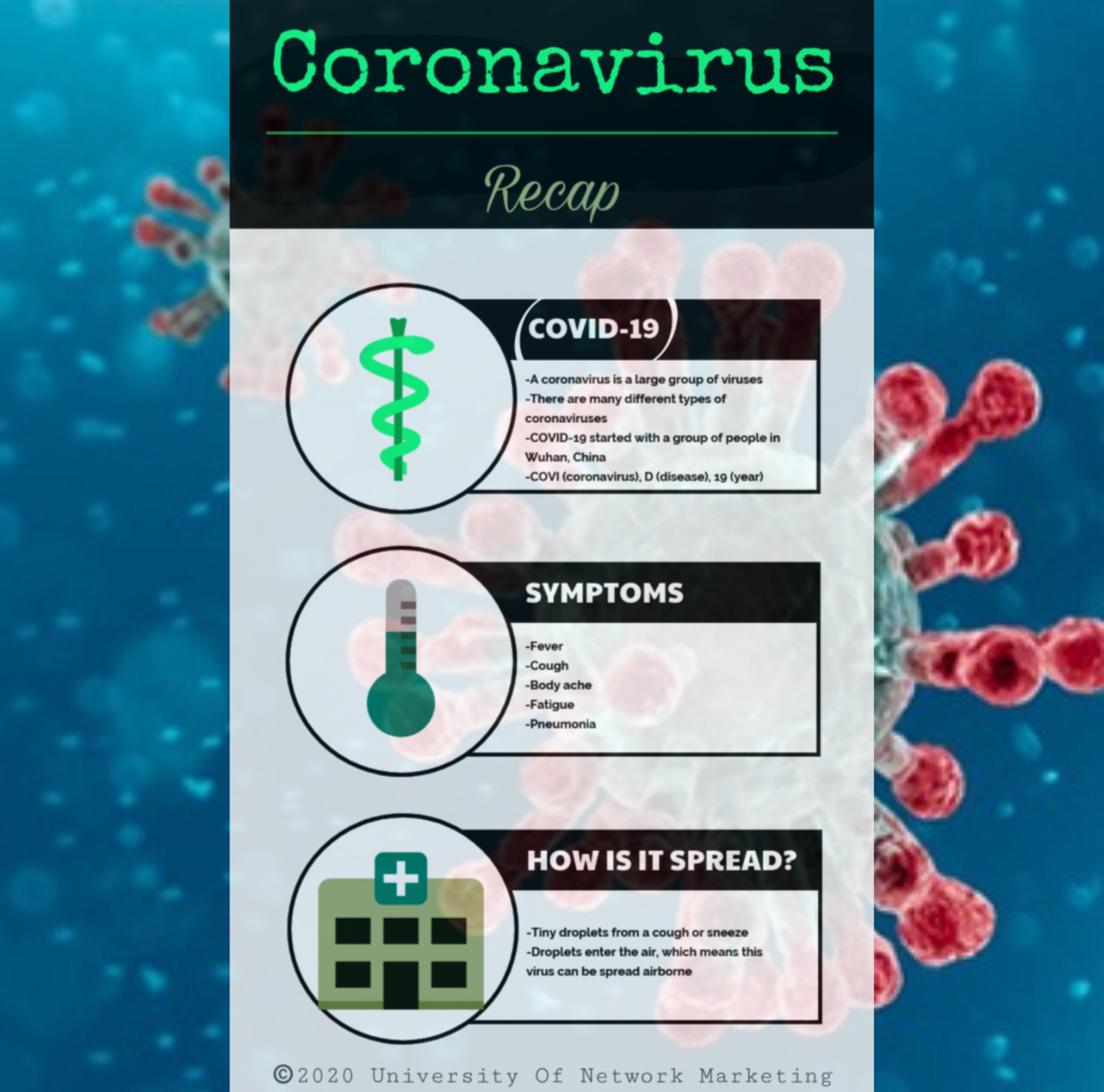 People who think they may have been exposed to COVID-19 should NOT leave home. Instead CONTACT your primary healthcare provider, nearest immediate care, or last resort CALL DO NOT JUST SHOW UP, to the closest emergency room immediately by phone.
People who think they may have been exposed to COVID-19 should NOT leave home. Instead CONTACT your primary healthcare provider, nearest immediate care, or last resort CALL DO NOT JUST SHOW UP, to the closest emergency room immediately by phone.
We will be continuously monitoring the situation as it evolves and will adjust our policies accordingly to help keep everyone safe and healthy. If you have any questions or concerns, please contact our office.
For more news on the coronavirus (COVID-19) below we have gathered some of the most updated and informative news articles And don’t forget to return back here at the university of network marketing for more of our updates information and new coming courses, events, and meetings.
CLICK HERE TO GET ALL THE LATEST STORIES AND LIVE UPDATES ON GOOGLE.
See the latest information from the World Health Organization
